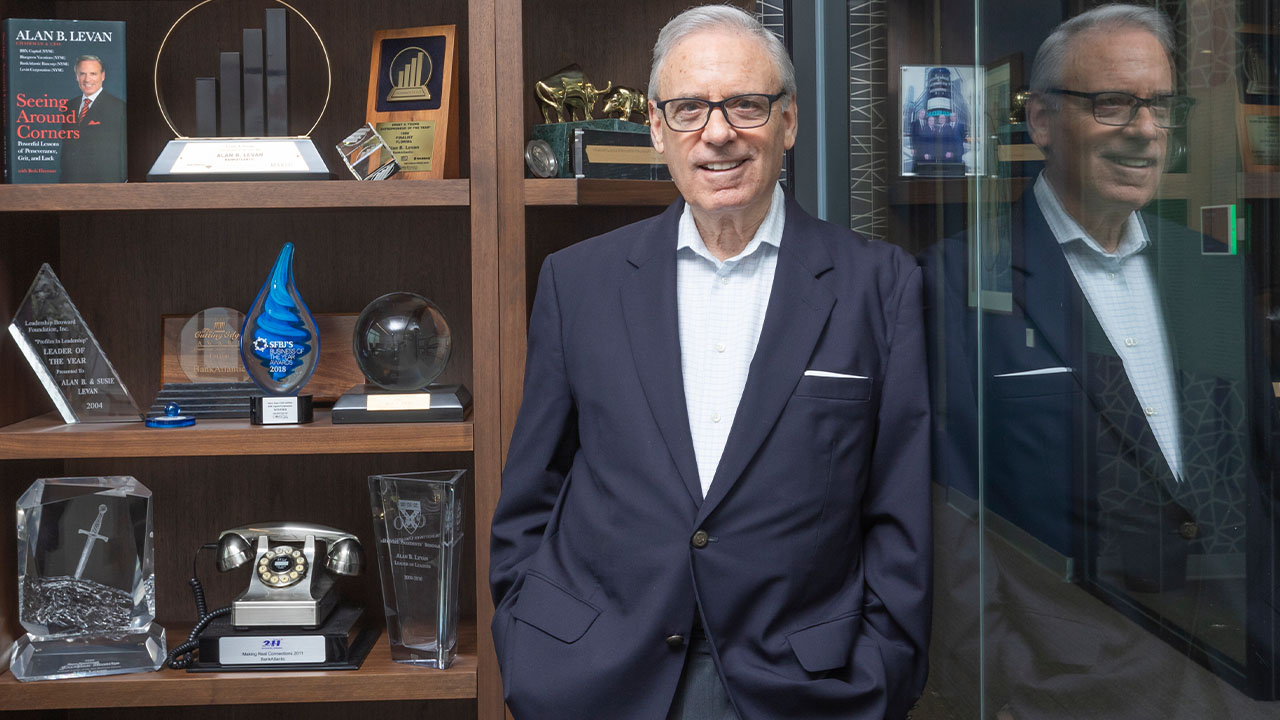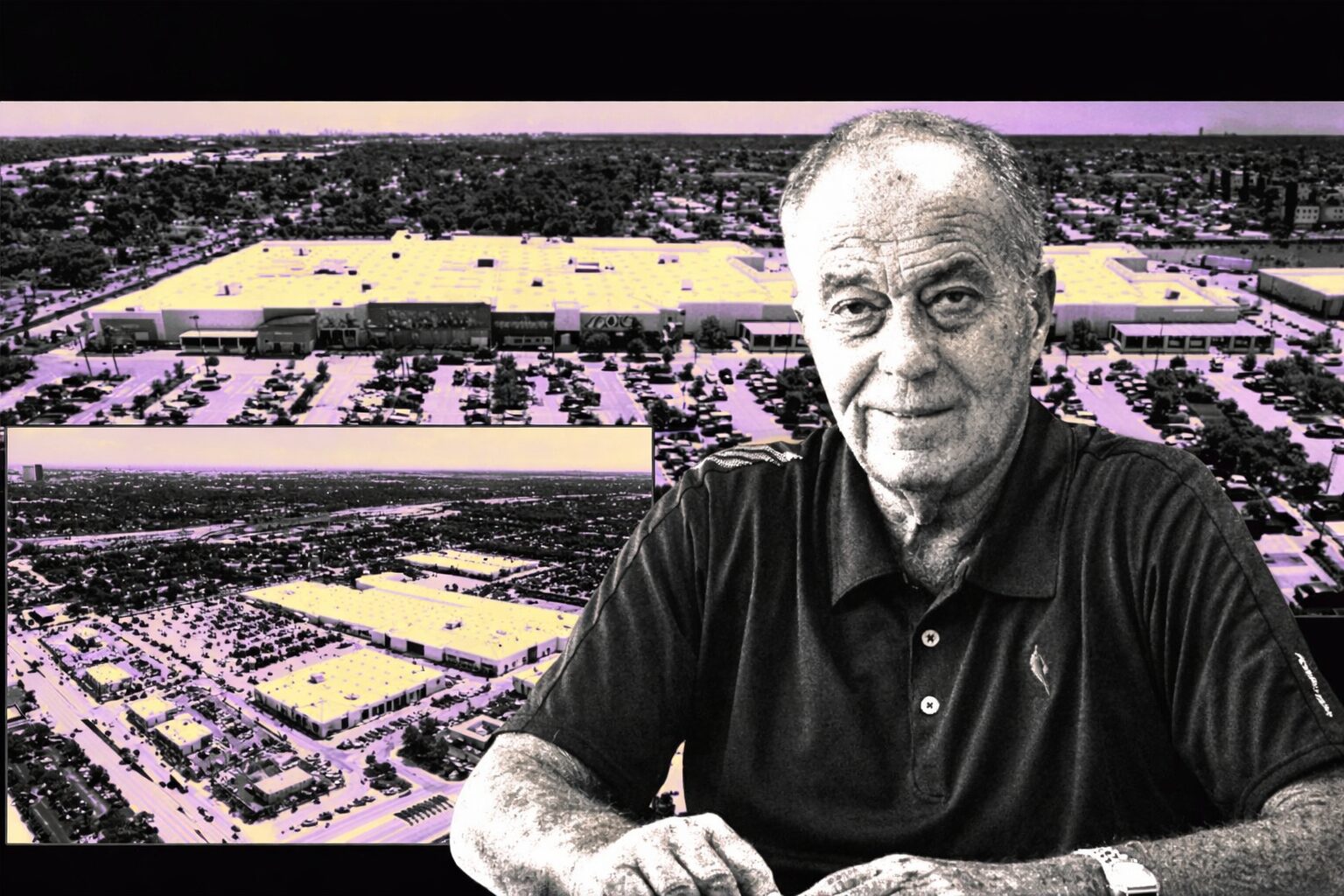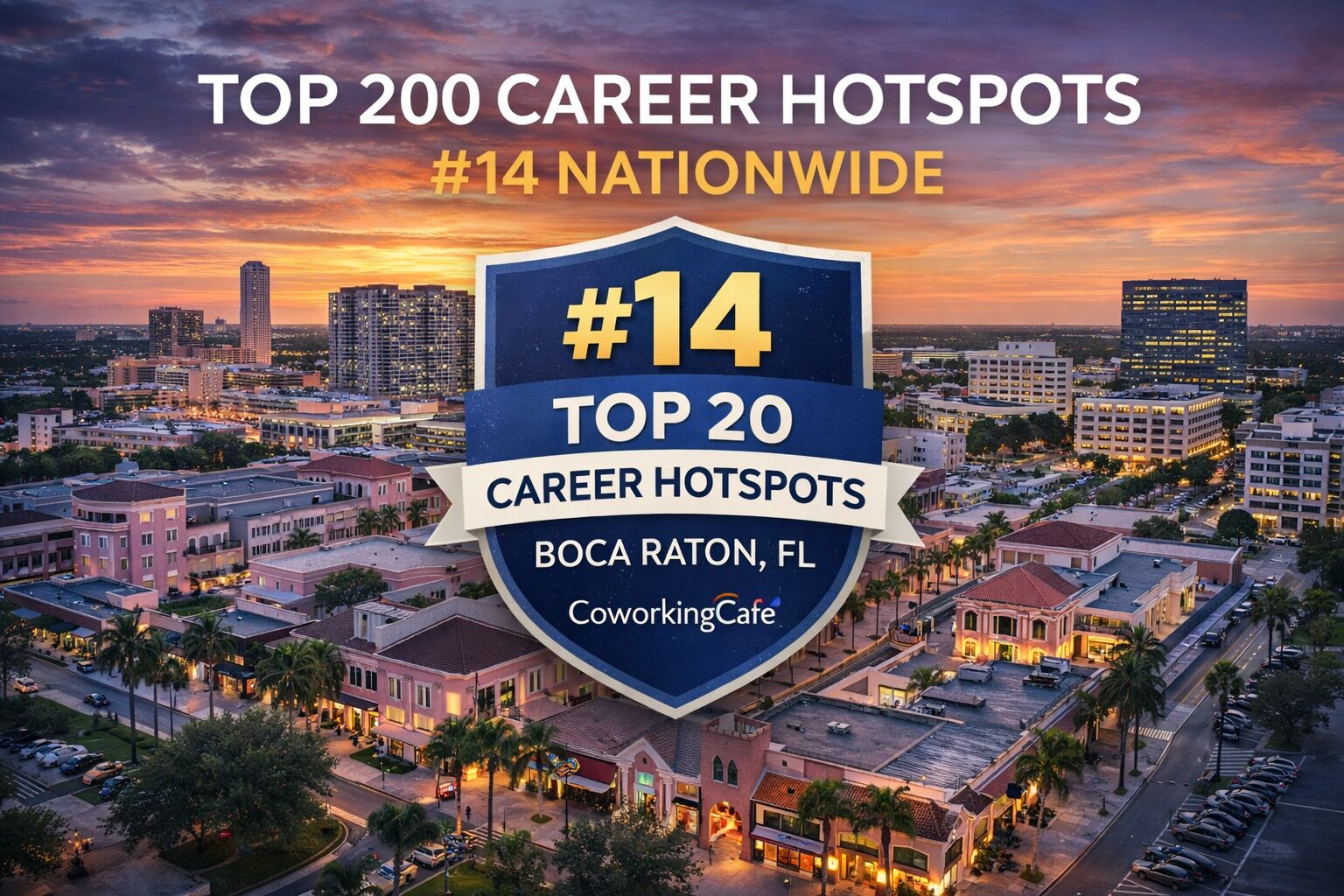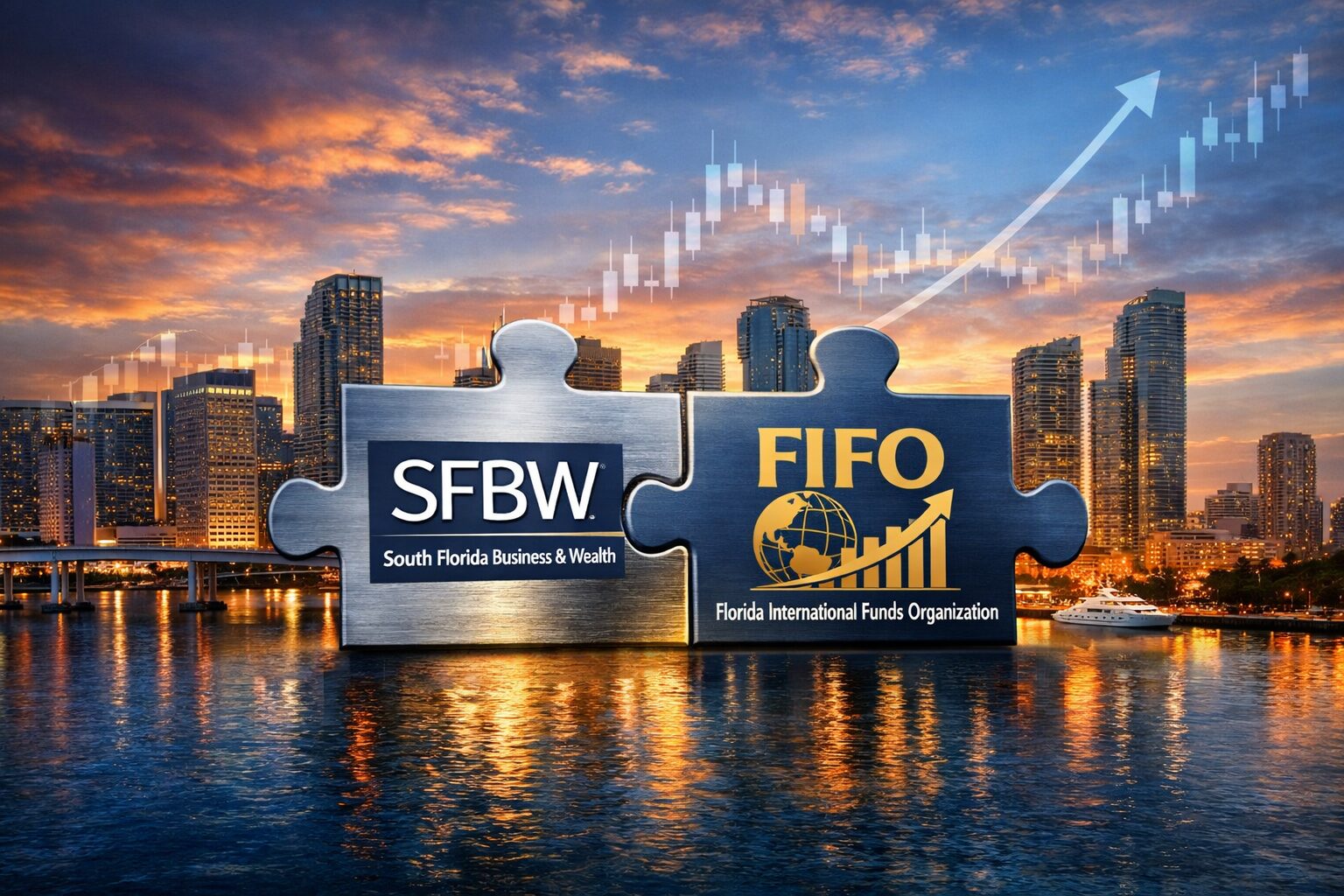Alan B. Levan, the chairman of BBX Capital Corporation, is a pillar of the South Florida business community, and he made headlines when Bluegreen Vacations Holding Corporation was acquired by Hilton Grand Vacations (Levan was chairman and CEO of Bluegreen Vacations). The story of Levan’s success was powered by his passion for education. We spoke to the uber-successful businessman about his college days at Tulane and why he chose Nova Southeastern University as the location for his namesake innovation center.
In your early years, I understand you attended North Miami High School, and then you were off to Tulane. Why Tulane? I grew up in New Jersey and a lot of us went south to escape the cold. I went to Emory, not so far away from Tulane.
I’d been on the campus of Tulane for a debate tournament. I was active in speech and debate in high school. I really liked the campus and I applied there. By the way, my son Jarett [CEO of BBX Capital] went to Emory and his son is currently at Emory as well.
That’s amazing—I had no idea. What was Jarett’s major?
Jarett was in the business school, and then came back and went to law school at the University of Miami.
Let’s go back to you and Tulane. What was your experience like?
I had an incredible experience at Tulane. In my junior year, I became the marketing manager/advertising manager for the student directory, and in my senior year, we combined all the advertising for the publications, and I became the advertising manager for the yearbook, the newspaper, the radio station and the student directory. I spent a good part of my junior and senior years knocking on doors, selling advertising, which was terrific. I was the president of my fraternity, Alpha Epsilon Pi [which was founded at New York University in 1913] in my junior and senior year. I was president of the College of Arts and Sciences, and I was president of the honor board, so I just had a fabulous experience at Tulane.
How did you make time for your studies with all that? What was your major?
I was a dual major in philosophy and English—
Just like me, that’s funny.
I found philosophy and the logical components of philosophy incredibly helpful to me in my business career. In terms of the cultural experience of philosophy and the questions and the logic that you ask of others, I thought it was terrific. After college, I was anxious to get into business and I went to New York to get a job, and I ended up in a training program at JP Morgan.
You had a liberal arts education, and there has been a spate of recent articles about the tenuousness of liberal arts, as the emphasis and resources have moved toward the more “practical” STEM [science, technology, engineering and mathematics] fields of study. English, history and philosophy departments are shrinking. But I feel that the liberal arts give you a grounding in critical thinking that is valuable in any career. What are your thoughts?
I would say the same thing—I totally agree, particularly in the leading of organizations, where it’s cultural. People today want to work for companies that care. I’ve always gotten by in math and science, but in my opinion, it’s the philosophy, logic and English that got me through my early days in business, and then allowed me to build and lead larger corporations.
What kinds of books do you gravitate towards?
I’ve always read biographies primarily, like Walter Isaacson’s books—his biographies on Steve Jobs and Elon Musk.
The fact that the Levan Center of Innovation ended up in a university is telling. It didn’t have to find a home on a college campus—it could have been located in a corporate building in Brickell.
It came naturally for me. I’ve been a trustee of the university for more than 20 years, and at one point I was chairman of the university. Given my activities in in Broward County—I’m a member of the Broward Workshop—I was able to listen to various presentations over the years on economic development. We convened a panel one time at the Broward Workshop, and the CEOs of large companies were asked, what’s your greatest challenge? The answer was finding skilled talent to continue to allow us to grow in technology and innovation. I took a trip to Chicago, and I visited their innovation center called 1871, so while I was a trustee and chairman of NSU, I said to [NSU president] George Hanbury that I’d like to create an innovation center here at the university. We decided that we would do it as a public/private partnership between NSU and Broward County. It literally is 54,000 square feet on the top floor of the Alvin Sherman Library, and the library is a public/private partnership between the county and NSU. The library is not only open to students, but it’s also available to the public as well.
By Drew Limsky
Portrait by Alexia Fodere














